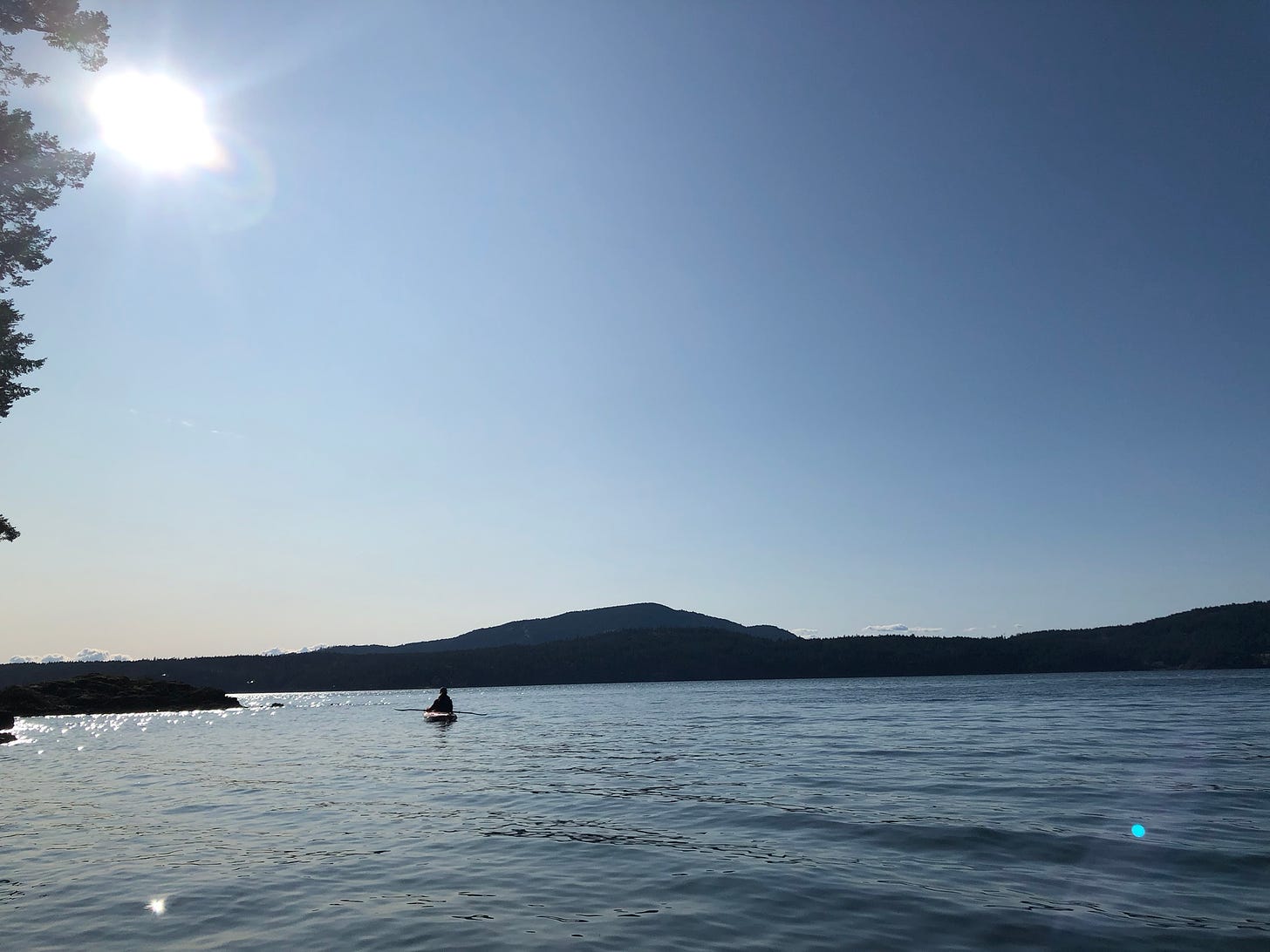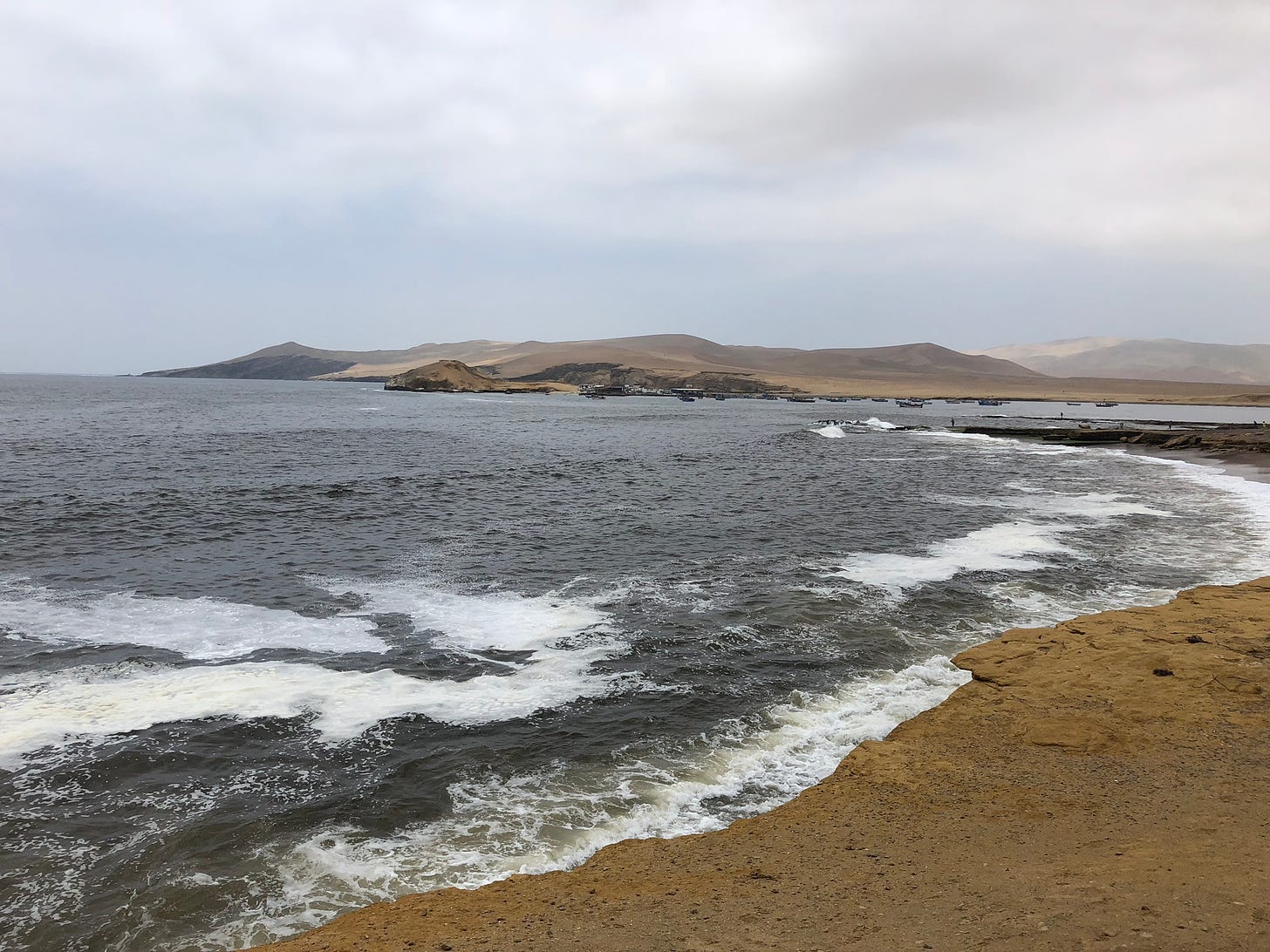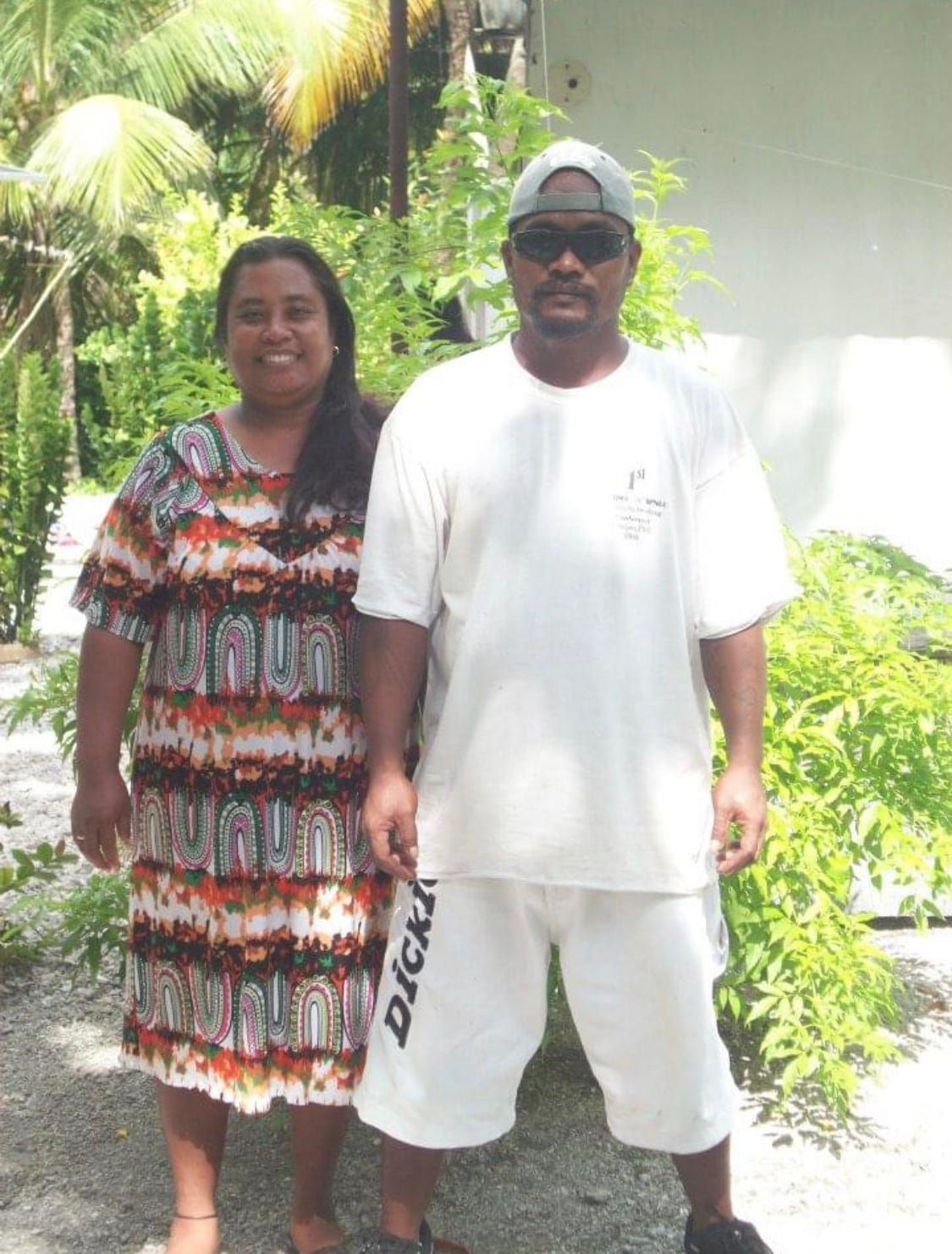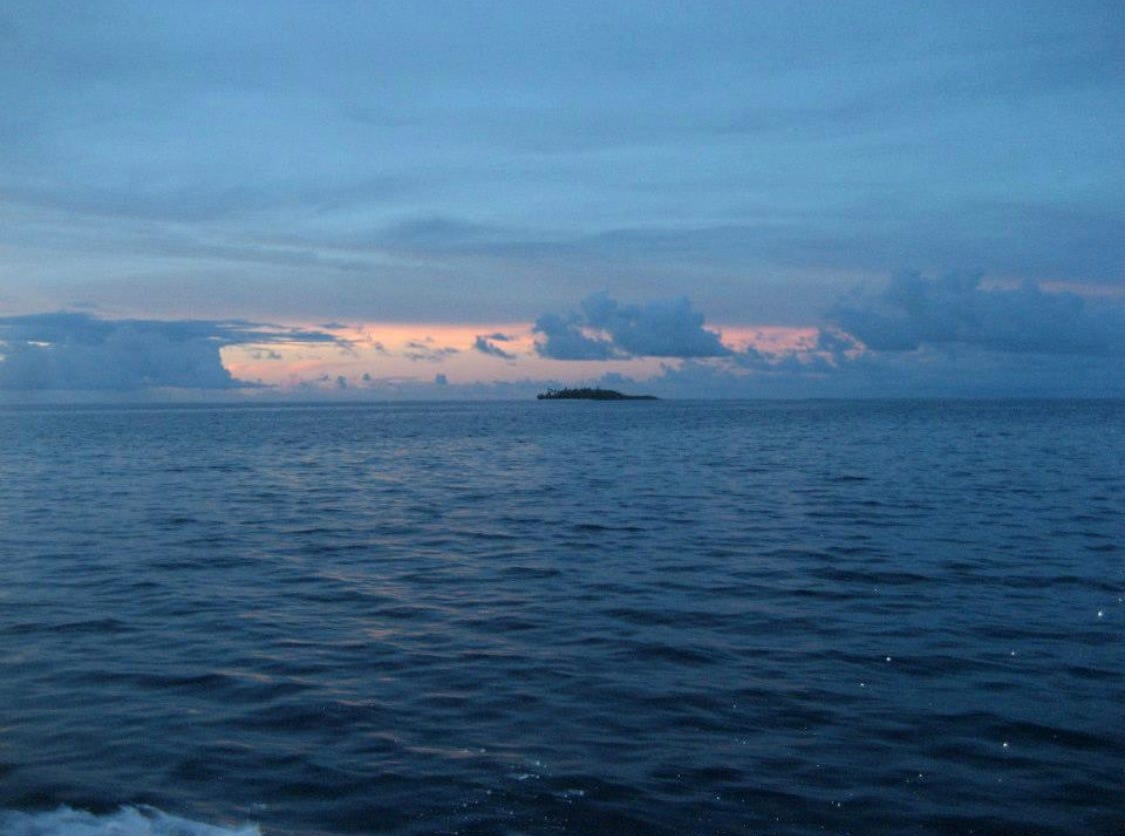Hitched Jerkily At The Spine To Its Parachute of Muscle

Something I learned recently is that the decomposition of a whale generates such a ridiculous amount of heat that the process sears and blackens the very bones of the whale itself. It is difficult to imagine such scale for us, who are so big compared to so many other creatures but so tiny in the grand scheme of things. Talented as we are we can’t cook ourselves just by existing, at any rate.
The month that I got back from the Marshall Islands I started writing a story in which the main character, who was born with gills, found himself on the seafloor walking through the skeleton of a whale as though it were a cathedral. It’s a nice image and I think about it every so often, the way the dappled sunlight might reach down to that place that’s quieter than any church has ever been.
Like most stories the reality is rarely so pretty. A decaying whale that has floated for long enough
reaches a point where the buoyancy of its meat and organs is only tethered down by the force of its falling bones. Methane is released in minuscule bubbles. It scatters skin and sodden flesh below it, upon which grows a carpet of white worms waving upwards (grass on its grave). Then, sometimes, the entire whale skeleton will suddenly burst through the cloud of its carcass. For a time, the skeleton might stay hitched jerkily at the spine to its parachute of muscle; a macabre marionette dangling in the slight currents. Then it drops, falls quickly to the sea floor, into the plush cemetery of the worms.
Horrifying to contemplate. But if that’s the price for living in a world with something so majestically improbable as the whale, I don’t know anyone who wouldn’t pay it.

Anyway if you read that essay linked above—and really, you should, it’s gorgeous—it’s hard not to notice an almost pathetically obvious metaphor that the world has created for itself: that the whale, the most planetary-sized creature we can conjure, is both choking on plastic and being cooked alive by forces outside its control. Some directors can torture a two-hour film out of a metaphor like that.
In the Marshall Islands (a well I am drawing from for the second straight week, my apologies), I saw no whales. But the fishermen spoke of them—raj, the kind of creature you only get to see when you’ve ventured out into the bottomless deeps in a boat barely bigger than yourself. In explaining where I was headed in the months before I left, I often joked that the Marshall Islands were roughly in the place that they used to draw sea monsters on the edges of maps. It’s not that far off, really, and those sea monsters aren’t a myth for the Marshallese so much as a possibility. One day I got back from school and in the dried coral yard of my host parents was laid out a fish bigger than any of my second graders. It was a nitwa, a dogtooth tuna, which can grow to 8 feet long and weigh 290 pounds. My host dad had caught it on a hand line.
Rubon, my host dad, was regarded as one of the two best fishermen on the island. That’s no mean feat in a place where half the men feed their families from the bounty of the sea. So it was with some surprise that he told me—upon my asking, having just reread The Old Man and the Sea— he’d never caught a swordfish. Lojkan, it’s called in Marshallese.

Milly and Rubon, the host parents I lived with during my year on Aur, in the Marshall Islands.
Through dramatic gestures and the rudimentary knowledge we had of each other’s languages, I got the story: he’d hooked a swordfish (or maybe a marlin, the word in Marshallese is the same) just once; within a minute, he made the decision to cut the line. Most of the fishermen there go out in small aluminum skiffs or plastic kayaks, and he realized very quickly what he’d snagged and the potential it had to drag him and all his gear to the depths. (Again: Marshallese men fish with hand lines, which is a pretty quick way to tell how strong your quarry is. If you shake hands with an outer island man there’s a pretty good chance you’ll see and feel a scarred channel cutting straight across his palm.)
There’s something to that, I think. The master is a master because he knows his limits. An amateur like me would have hung on to the lojkan for dear life and probably gotten killed in the process. For all that I’ve leaned on his work throughout the years, Hemingway’s estimation of the swordfish didn’t seem to apply to Rubon:
Let him think that I am more man than I am and I will be so.
Swordfish aside, that quote also doesn’t bear out my experience dealing with octopuses. Hypocrite that I am, octopus is the only animal routinely available to me that I don’t eat for moral reasons: it is the only animal that has bested me in single combat. (Plenty of others could, I have no doubt, but as I haven’t had to face the humiliation of defeat by cows or pigs or chickens I can’t say for sure.)
What happened was this: after 6 months in the Marshall Islands I wanted to prove my worth to my host family by going out and catching something on my own. So I borrowed a jilubar, a three-pointed spear with an elastic loop to add some oomph to your thrusts, and went out in search of an octopus, or kweet, in the channel that ran along the north side of the island. I found one quickly, resting on top of a giant brain coral. At my first clumsy stab it retreated into the folds of the coral unscathed. It emerged again just before my second and third and tenth attempts, barely exerting itself as I tired myself swimming up-channel every time the current carried me past the coral anew.

After an hour I gave up and went home to give my host parents a story to laugh about instead of a tasty meal.
Anyway, that’ll do it for this week. The copies of the book that I need to sign and send out to people finally arrived last night, so that’s going to keep me busy for a few days. If you’d like one of those you can still get one! And if you don’t care about getting it signed and would prefer to get it at Amazon speeds rather than my speed you could do that by clicking the button below. In my humble estimation it would make a great gift for the hiker in your life.
-Chuck



